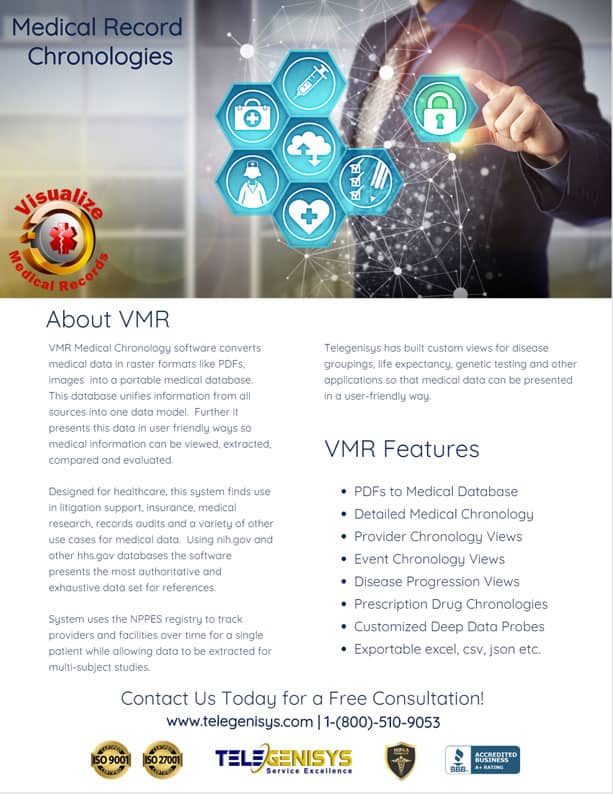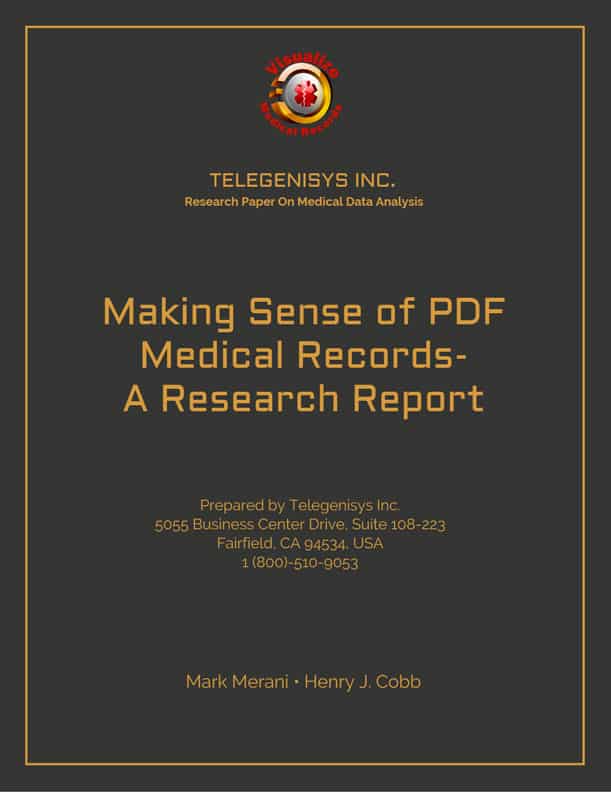
Retrospective medical studies are important in clinical research because they offer insight into different health problems that may not occur during the limited course of prospective studies.
However retrospective studies have limitations due to selection and recall biases, as well as those who might not be included in the analysis.
Telegenisys guide for retrospective medical studies describes retrospective study design in detail and offers ways to avoid these common issues.
The retrospective data collection guide was created by the Telegenisys team of the medical technology development group. The guide walks through how retrospective data can accelerate research and offer continuity from natural history studies to clinical trials. It also discusses the various aspects of retrospective data collection used for observational studies, retrospective chart reviews, retrospective case series reports, and retrospective registry reports.
The guide discusses the basics of retrospective studies and how they can be beneficial. This guide provides tips on how to create a retrospective study report that is clear, concise, and effective.
We hope this guide is useful for medical research professionals.
















